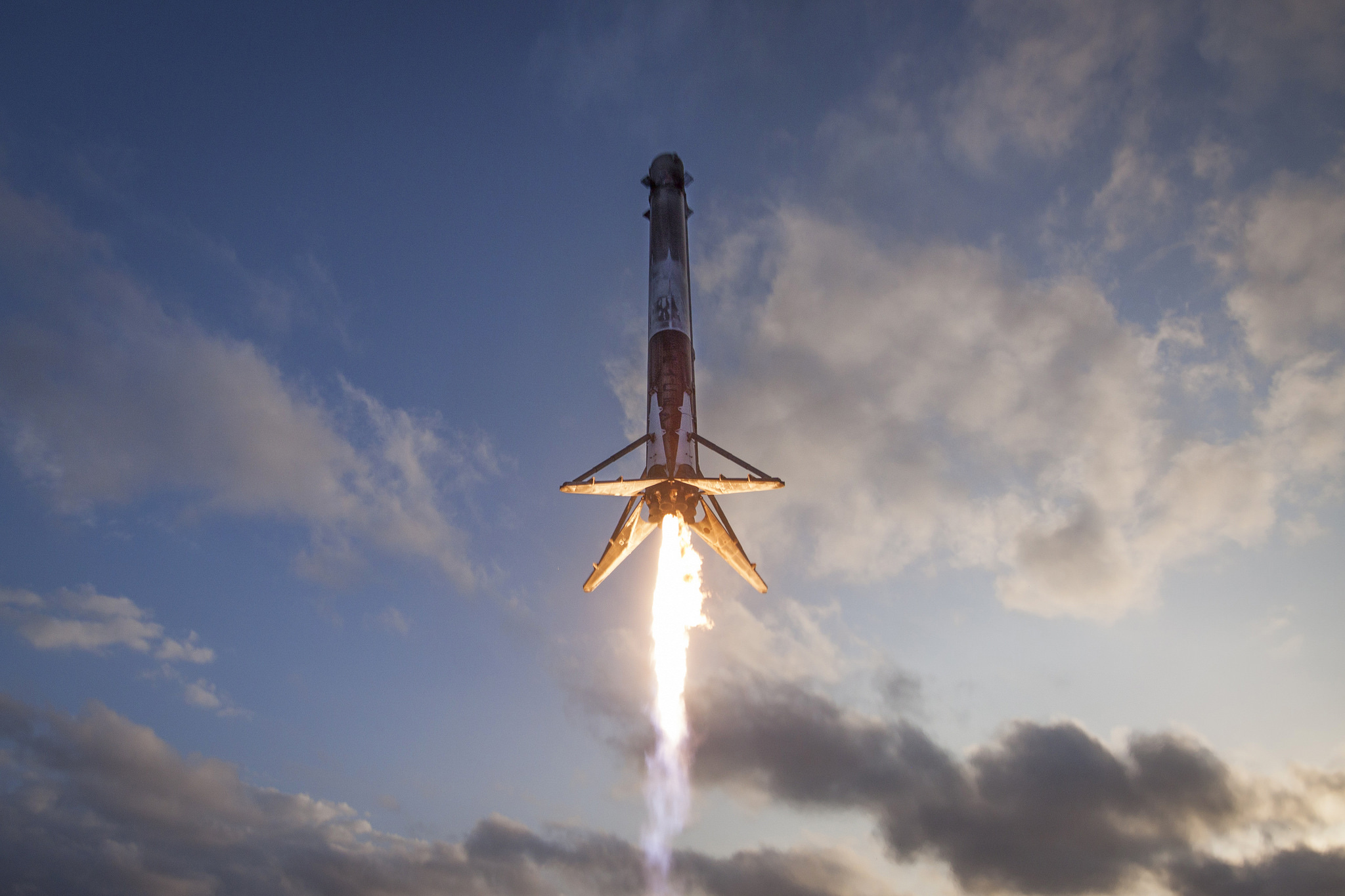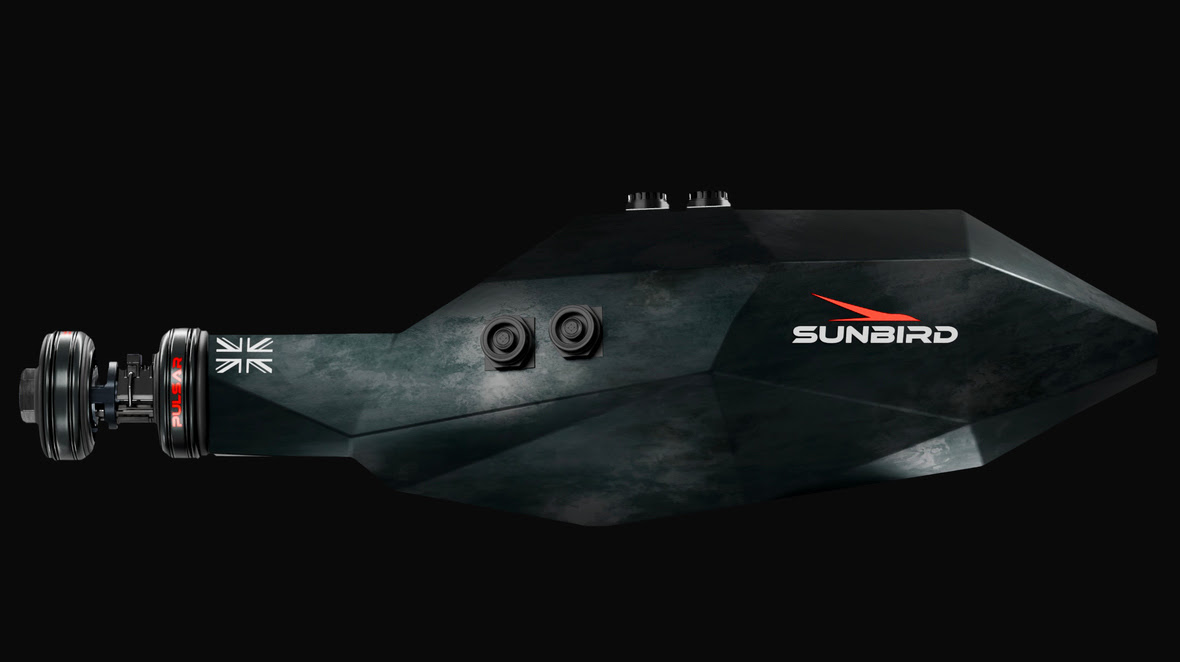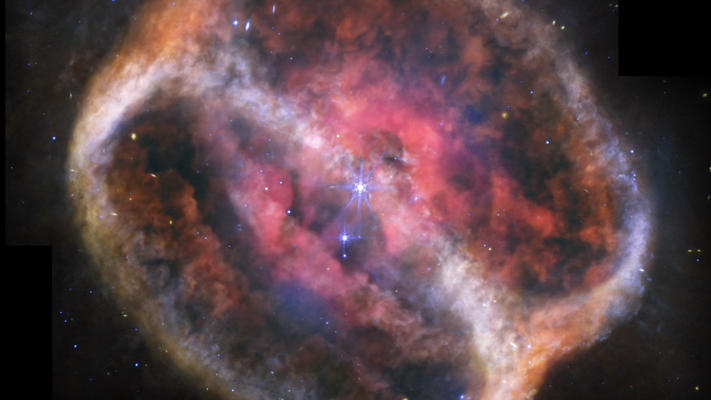SpaceX Rocket Could Be 100-Percent Reusable by 2018, Elon Musk Says

SpaceX could begin launching completely reusable Falcon 9 rockets by the end of next year, company founder and CEO Elon Musk said.
On March 30, a Falcon 9 with a "flight-proven" first stage launched the SES-10 communications satellite to orbit, marking a big milestone for SpaceX, which has prioritized the development of reusable rockets as a way to slash the cost of spaceflight.
That first stage touched down successfully about 9 minutes after liftoff on March 30, making a pinpoint landing on the deck of a SpaceX "drone ship" called Of Course I Still Love You. In addition, the company recovered the payload fairing that protected SES-10 during liftoff, Musk said during a post-launch teleconference with reporters — and he hinted that SpaceX may go for a "Hail Mary" and try to make the Falcon 9's upper stage reusable as well.
That latter statement was apparently more than just idle musing.
"Fairing is ~$5M, but that should be reusable this year. Am fairly confident we can reuse upper stage too by late next year to get to 100%," Musk tweeted on Friday (April 7).
For perspective, Falcon 9 launches currently sell for $62 million apiece. Musk has said that the first stage accounts for up to 70 percent of each liftoff, and it costs just $200,000 to $300,000 to refuel a first stage for an additional flight.
The cost savings of completely reusable boosters are therefore potentially significant, especially if they end up flying as much as SpaceX wants them to. During the March 30 teleconference, Musk said each Falcon 9 first stage is designed to fly 10 times with no hardware changes, and at least 100 times with only moderate refurbishment.
Get the Space.com Newsletter
Breaking space news, the latest updates on rocket launches, skywatching events and more!
And the Falcon 9 is just the beginning in SpaceX's reusability vision. The company's powerful Falcon Heavy booster, which is scheduled to make its maiden flight this summer, will also be at least partially reusable.
And SpaceX's Interplanetary Transport System rocket, which the company is developing to colonize Mars, will be designed to launch at least 1,000 times, Musk said on March 30.
Follow Mike Wall on Twitter @michaeldwall and Google+. Follow us @Spacedotcom, Facebook or Google+. Originally published on Space.com.
Join our Space Forums to keep talking space on the latest missions, night sky and more! And if you have a news tip, correction or comment, let us know at: community@space.com.

Michael Wall is a Senior Space Writer with Space.com and joined the team in 2010. He primarily covers exoplanets, spaceflight and military space, but has been known to dabble in the space art beat. His book about the search for alien life, "Out There," was published on Nov. 13, 2018. Before becoming a science writer, Michael worked as a herpetologist and wildlife biologist. He has a Ph.D. in evolutionary biology from the University of Sydney, Australia, a bachelor's degree from the University of Arizona, and a graduate certificate in science writing from the University of California, Santa Cruz. To find out what his latest project is, you can follow Michael on Twitter.









